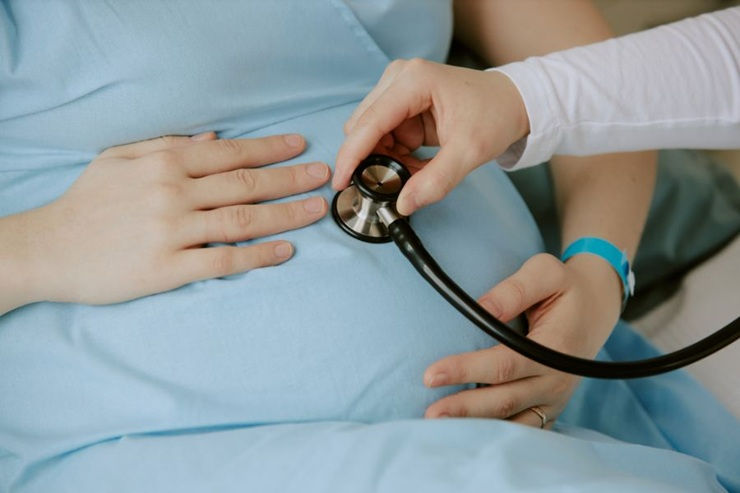Chronic kidney disease paper selected by journal as Editor’s Choice
- Feb 26, 2024
- 2 min read

Southampton researchers have been highlighted for studying the energy needs of children with kidney disease.
Chronic kidney disease (CKD) is a long-term condition where the kidneys do not work as well as they should.
There is no cure for this condition that is common in adults but rare in children. It is now a leading cause of morbidity and mortality worldwide.
Recent research led in Southampton explored practical ways to estimate energy needs in children with mild to moderate kidney damage.
Findings published in the Journal of Renal Nutrition have now been selected an editor’s choice.
Energy and nutritional needs
The number of children with CKD and complexity in care is increasing. The cause of this is unclear, but previous research suggests it may be linked with rising childhood obesity rates.
Energy balance is very important for the health and wellbeing of children with CKD and can delay disease progression.
In this study, researchers measured the total energy expenditure and physical activity energy expenditure of 38 children. Half had received a diagnosis of stage 3 CKD. The other half did not have the disease.
Results showed little difference between the groups. This suggests current practice to use requirements for health, that take into account under and over nutrition, is sufficient as a starting prescription to estimate the energy needs of most children with CKD.
Special recognition
The paper has been handpicked by editors for the January/February 2024 journal issue.
It has a special section heading in the Table of Contents and has been granted a one-year open access to viewers.
Caroline Anderson, lead paediatric renal clinical academic dietitian at University Hospital Southampton, led the study. She is driving further research in this area through the NIHR Southampton Biomedical Research Centre and Southampton Academy of Research. Caroline said:
“Children with CKD can vary in nutritional state and respond to care in unexpected ways, and we do not know why. This research is one of only four papers studying the energy needs of children with CKD.
“Nutrition is the cornerstone of care, where malnutrition and obesity are huge challenges for the child, their family and their healthcare team. It is essential to get the energy prescription right, not only to improve nutritional status but also to delay the need for dialysis and transplantation.
“It is an honour to have this research recognised. Our aim for future research is to help children grow, live well for longer, delay the need for dialysis and transplant and better understand the unknown differences in nutritional state and response to care.”



Comments